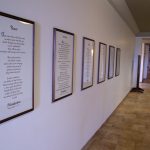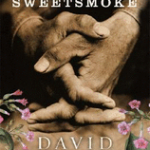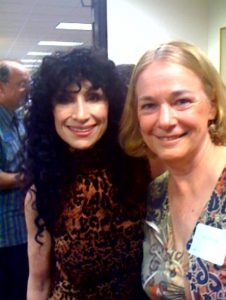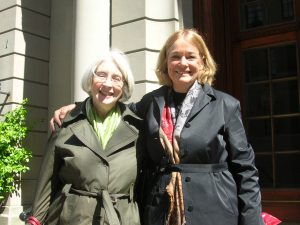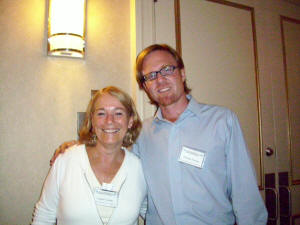Last week I found myself dragging a bit at the three-quarter mark in the semester, and I kept thinking about how much I wished the end of the week would arrive, so I could be off for Thanksgiving Week. Now it is the Monday of said week, right at the point that I would be walking into my first class. It is indeed nice to be at home, ensconsed in all the projects I haven’t had time to get to. And tomorrow, I’ll be playing tennis right at the time I would normally be in class, and that sounds better yet.
And, I tell myself, when this week is over, there are only two more weeks of instruction befor finals, and then, a six-week break between semesters. It sounds so great I can hardly stand it, but then I catch myself.
In a few weeks I will be sixty. The idea has definitely taken residence in my head that life is not endless, and even if I live heartily, happily, and healthily into my nineties (as I fully intend to do!) anyone my age is still most of the way through what the author of Beowulf so aptly called these “loan days” here on earth.
So this is the moment that I hit myself upside the head and ask “what are you thinking?” I should never wish that time would pass more quickly, because I can’t have it back. Instead, I should train myself to stop that line of thought, take a deep breath, and look around in appreciation of the moment and the place that exists right now. At any given moment there is so much to notice and rejoice in.
Thanksgiving is not traditionally a time of resolutions, but why not, if the resolution is to be more thankful? And so, in keeping with that, I am asking myself why I am sitting inside writing this diary entry when the sky is blue, the air is crisp, and the leaves are golden. The projects can wait. I’m taking a walk. Happy Thanksgiving, everyone!

